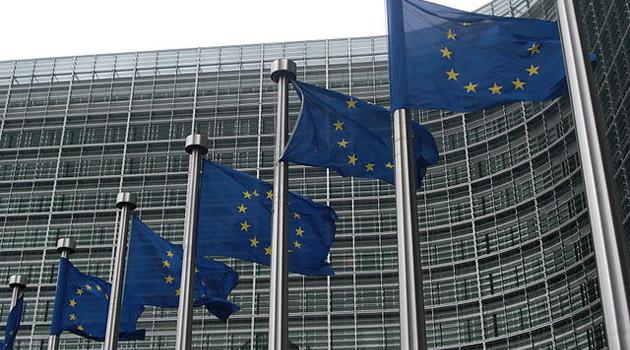Citizens of Bulgaria and Romania can now work EU-wide, London fears influx of Roma

After a seven-year transitional period, all of the Member States of the European Union are now open to workers from Bulgaria and Romania as of 1 January 2014, prompting concerns in some countries. The change is happening as Greece assumes the EU presidency for the first half of the year.
Concerns over the opening of the labor market to citizens of Bulgaria and Romania, from which Western Europe anticipates an influx of the Roma population, are mainly being raised by London. The British government recently tightened conditions for receiving welfare and the Home Office has even considered introducing a limit on immigrants from EU Member States of 75 000 people annually.
UK Prime Minister David Cameron is also discussing restricting freedom of movement within the EU. Since the economic crisis broke out five years ago, immigration has been a hot political topic in Britain.
That fact has aided the anti-immigrant UK Independence Party (UKIP), which has primarily been taking votes away from the Conservatives. Immigration is repeatedly criticized mainly by right-wing newspapers in the UK, which often focus on alleged welfare abuse and crime among immigrants.
A hate campaign featuring many misleading news reports has been waged against foreigners by the British tabloid media. One target of that campaign has been workers from new EU Member States such as the Czech Republic and Poland, hundreds of thousands of whom have moved to Britain since 2004.
On 1 January 2014 the Greeks took the helm of the European Union. The country is addressing its own deep economic difficulties, and has assumed the EU Presidency for six months at a time when the EU itself is addressing a complicated economic situation and when EU plans to intensify cooperation on common currency and economic matters, primarily among countries using the Euro, are coming to a head.
The customary agenda of the EU institutions is expected to be gradually drowned out by political campaigns in the run-up to May’s elections to the European Parliament and subsequent negotiations on the composition of the new European Commission. Even when speaking off the record, diplomats, faithful to their profession, will only diplomatically mention that the Greek EU Presidency will be "undoubtedly different" than if the EU were to be led by the Germans or representatives of a Scandinavian country.
Despite this, diplomats say they believe Greece has a decent chance of acquitting themselves with honor, as it will be the fifth time the country has taken up the EU Presidency. The logo of the presidency, featuring a white, stylized sail, has already been praised.
The European Cities of Culture for 2014 will be the Latvian capital, Riga, and the Swedish university town Umea. The title is not just a prestigious opportunity for a city, but also means the promise of financial support from the EU and the state for investment into cultural projects; in 2015 the Czech town of Plzeň is scheduled to be a European City of Culture.